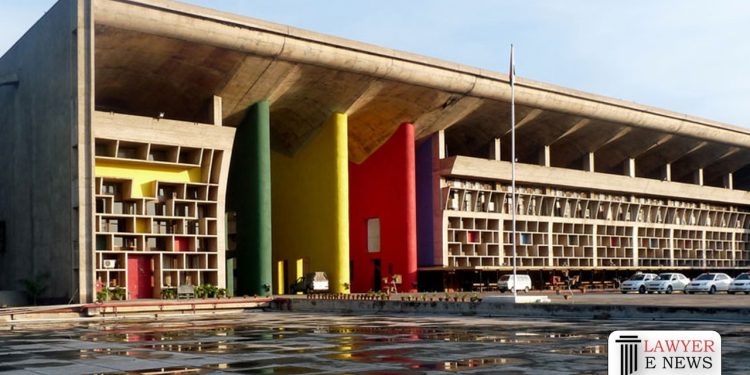Punjab and Haryana High Court: Instructions Cannot Have Retrospective Effect, Capacity Determination of Rice Mill Quashed

In a significant ruling, the Punjab and Haryana High Court, presided over by Hon’ble Mr. Justice Jagmohan Bansal, delivered a landmark judgment on 24th July 2023, setting a crucial precedent concerning the determination of capacity for Rice Mills. The case, bearing CWP-473-2023, involved M/S Kissan Rice Mills as the petitioner and the State of Punjab and others as respondents.
The dispute revolved around the capacity determination of the Rice Mill, which was installed by the petitioner in 2007. As per the guidelines prevailing at that time, the capacity of the Mill was determined as 4 MT (Metric Tons). However, in 2022, the respondents issued an order, Annexure P-7, reducing the capacity to 2 MT, citing modified instructions from 2010 that excluded leased land from the required parameters for capacity determination.
The core contention of the petitioner was whether the instructions of 2010 could be applied retrospectively to a Rice Mill that was installed in 2007. The petitioner’s counsel argued, “Instructions dated 20.08.2010 cannot be made applicable to already installed Rice Mill. It is settled proposition of law that executive instructions cannot have retrospective effect.”
In a significant development, the Hon’ble Justice Bansal upheld the petitioner’s stance, ruling that “capacity of the petitioner cannot be determined on the basis of 2010 instructions.” The court reiterated that executive instructions cannot be applied retrospectively, and the capacity determination should be based on the guidelines in force at the time of installation.
As a result, the impugned order, which reduced the capacity of the Rice Mill based on the question of land, was quashed. However, to address the issue regarding the plant and machinery, the court directed the parties to conduct a joint verification. The court further ordered the respondents to carry out the joint inspection within four weeks and pass a fresh order concerning the capacity of the Mill based on verified findings.
This ruling by the Punjab and Haryana High Court sets a vital precedent, emphasizing the principle that executive instructions cannot have retrospective effect, protecting the rights of businesses that adhere to the guidelines in place at the time of their establishment. The judgment is likely to have far-reaching implications for similar cases in the future.
Date of Decision: 24.07.2023
M/S KISSAN RICE MILLS vs STATE OF PUNJAB AND OTHERS






